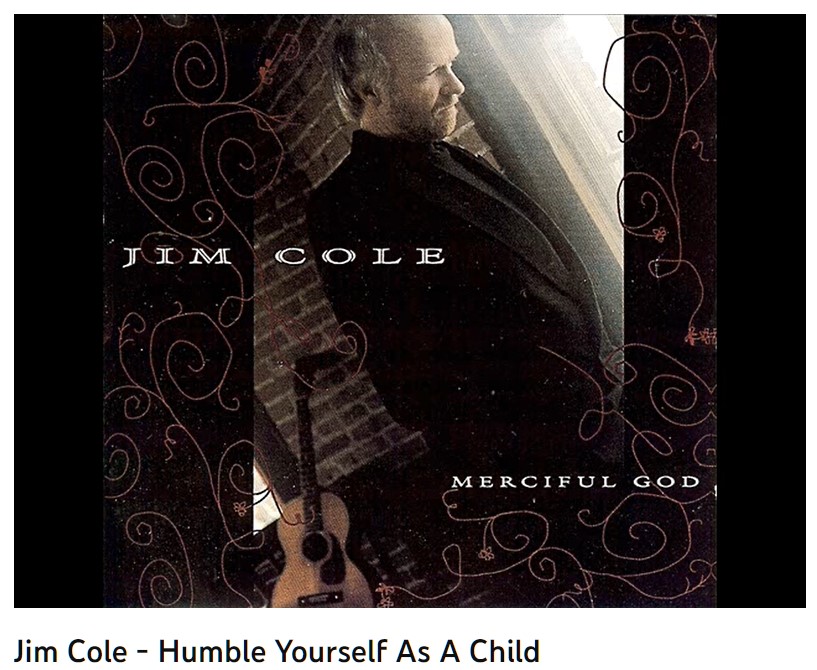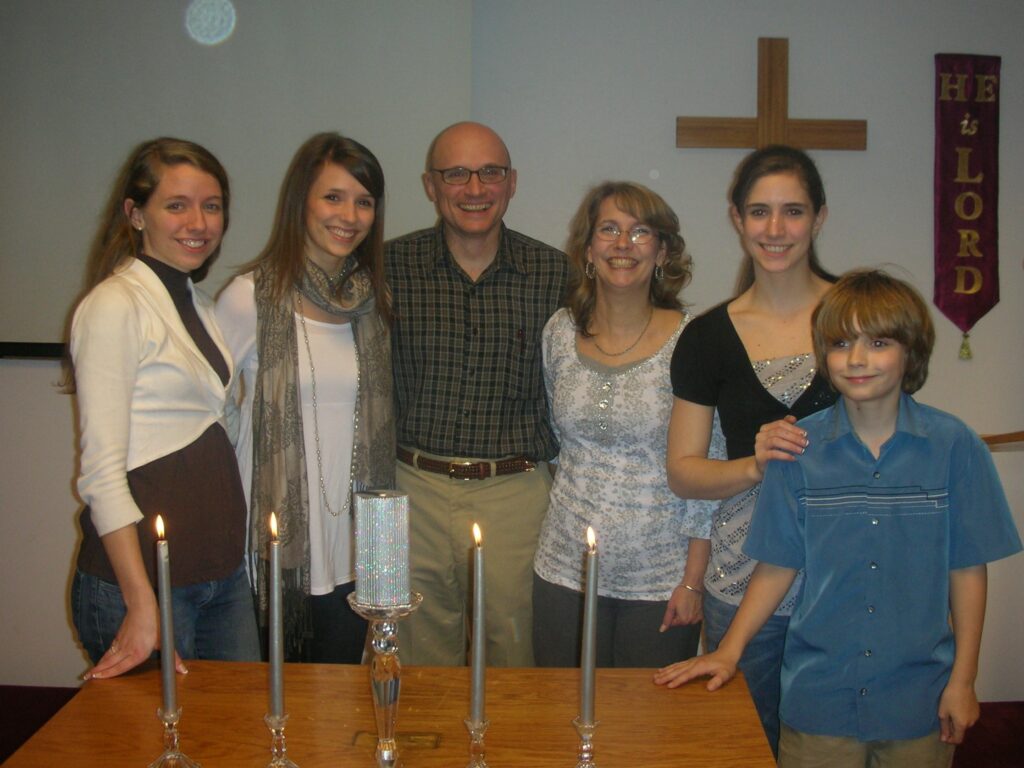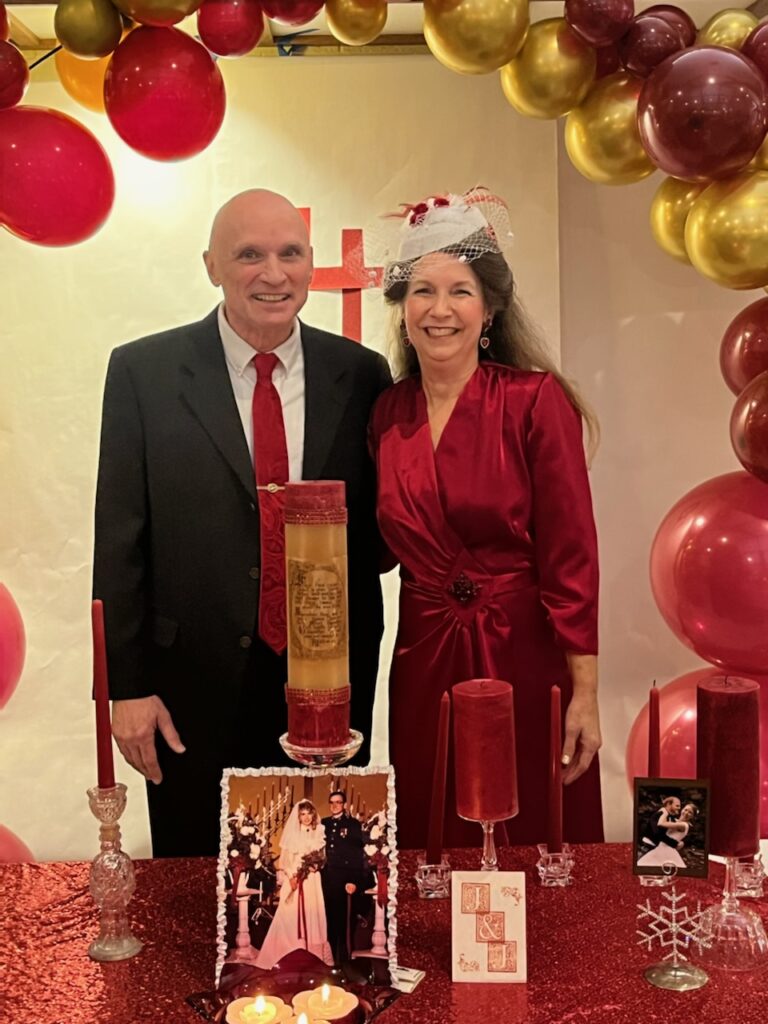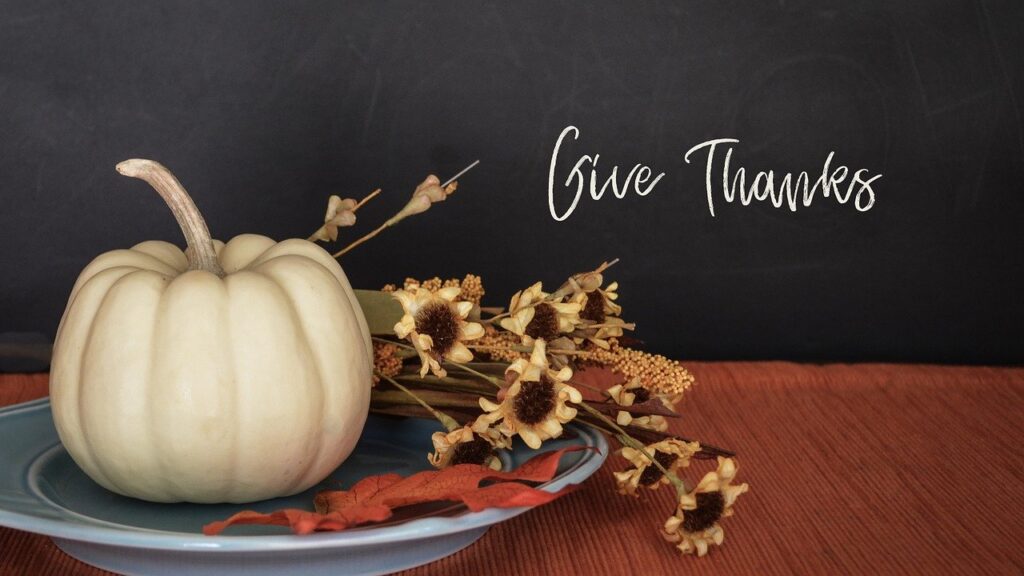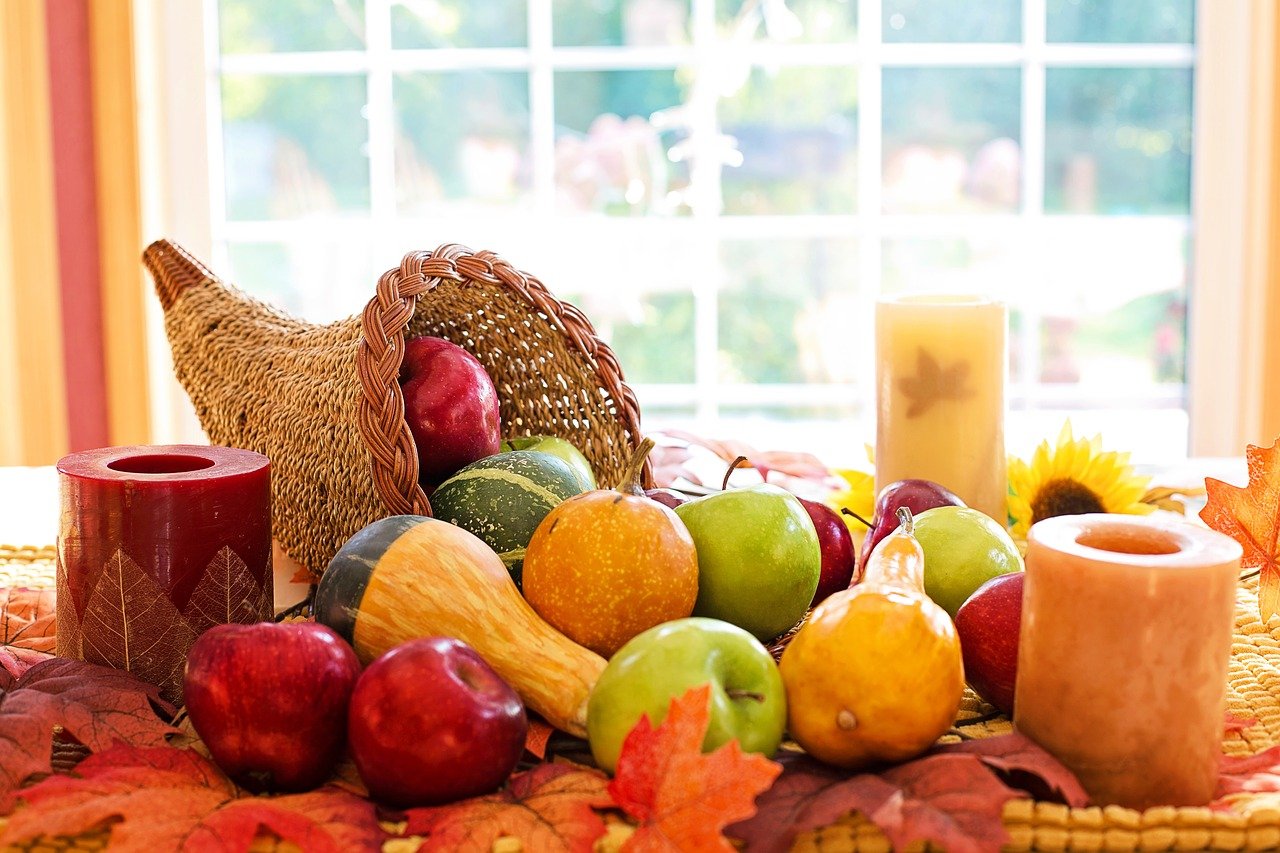The Crave for Praise: Carnal or Spiritual?

Jesus tells us if we do things for the praise of men, we have our rewards, but if we do something for His glory, we have eternal rewards. With that in mind, it seems evident that desiring to be praised is carnal. That’s what I would have said a few weeks ago before I had an epiphany.

I love it when the New Year begins with a new understanding of the Lord and how He designs us. Every January, the church I serve celebrates our partners in the gospel (missionaries). Each Sunday, we have a different guest challenge us from the pulpit on some aspect of the Great Commission. This year author Elliot Clark was one of our speakers. Our theme was Counting the Cost, but Elliot challenged us to go beyond the cost and count the reward as he expounded on 2 Corinthians 1:12-14.
In this passage, Paul tells the Corinthian church that in the day of the Lord Jesus, there will be a time of boasting about one another. To put it another way, we’ll have an Atta-Boy party. I’ll thank God for my friend Judy’s faithfulness in sharing the gospel with me. Hopefully someone will thank God for my obedience to write because something I wrote helped them in their faith. But any praise we receive will be for God’s glory, not because we seek recognition from people. God made us in His image, and by His grace, the good works He appoints us to do are praiseworthy.

Later in 2 Corinthians chpater nine, Paul praises their generous giving and tells the Corinthians he thanks God for them. In Romans 13:7 nkjv, Paul writes, “Render therefore to all their due: taxes to whom taxes are due, customs to whom customs, fear to whom fear, honor to whom honor” (italics mine). Owing honor means more than honoring a position. We honor great writers with Pulitzer prizes. We honor brave soldiers with medals and Super Bowl-winning teams with parades.

It’s appropriate to honor hardworking, faithful people. It’s good to say, “Congratulations on a job well done!” In Hebrews 11 the Word of God praises the righteous works of faithful men and women; that’s why this chapter is known as the Hall of Faith..
The fact that people appreciate receiving thank yous and accolades emanates from the fact that God made us as His image bearers. He takes great joy in our praise of one another.

However, sin corupts every godly quality with a dark side. Take, for instance, perseverance and stubbornness. It’s the same quality; the only difference is whose will you are bent on doing. The only difference between people-pleasing and pleasing God is whose praise you want. Do you want the kind with an expiration date¾the recognition of men? Or would you instead seek God’s glory and receive the praise of God and all His children for all eternity? I know Whose glory I’m aiming for, and it isn’t mine. Or is it?
God praises His children. I want to hear my Heavenly Father say, “Well done, faithful Daughter. Well done!” His glory is our glory.
By the way, thank you for spending time with me here. I hope you find encouraging words of life in what I write. I hope you see the truth of Jesus more clearly. Keep going for His gold!

The Crave for Praise: Carnal or Spiritual? Read More »






